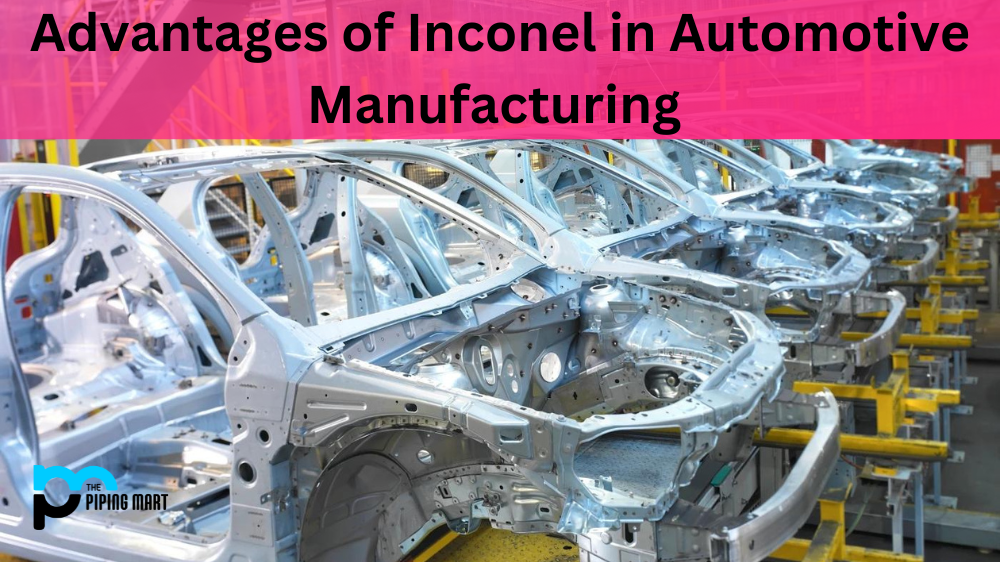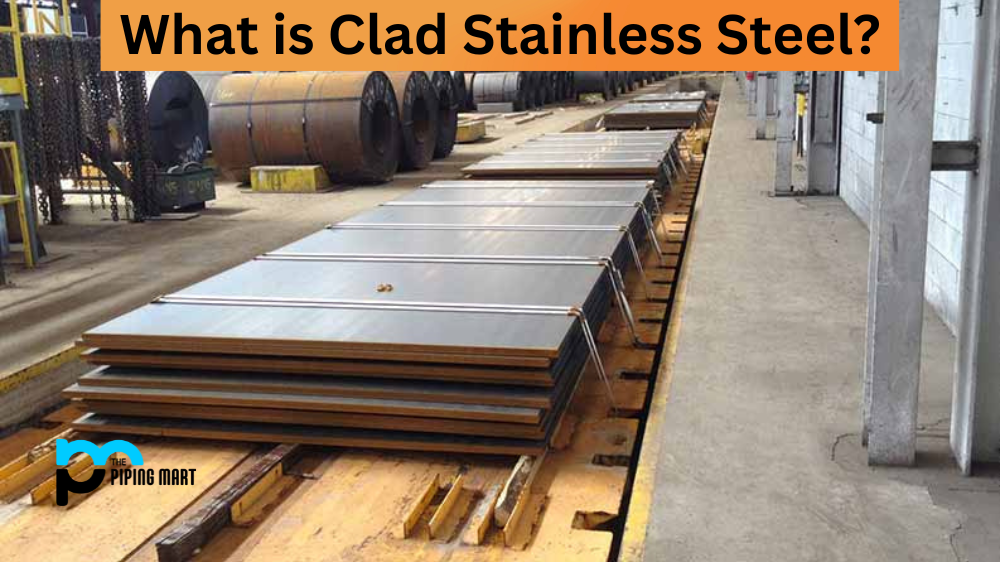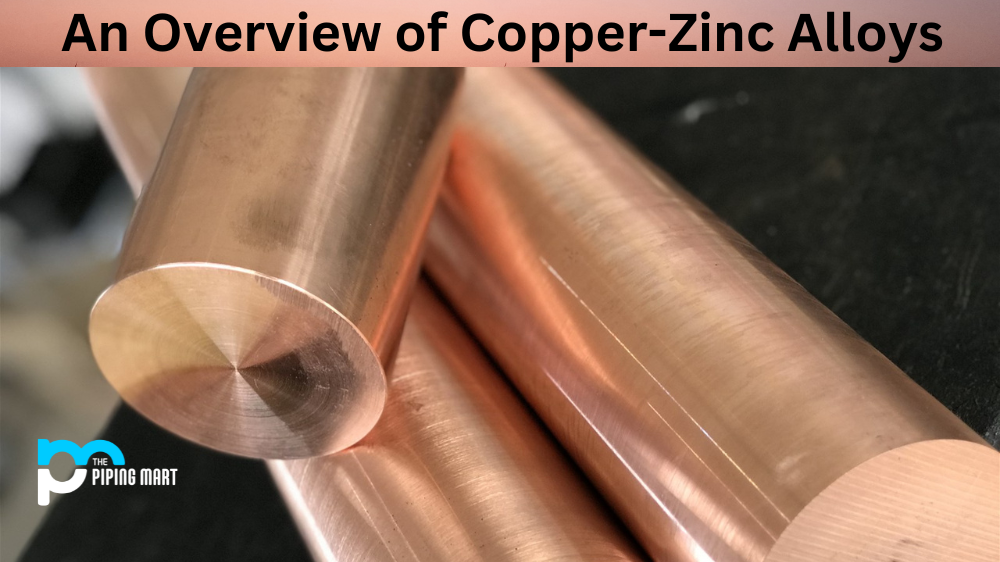Inconel is a high-performance alloy that is gaining popularity in the automotive industry. It offers superior strength and corrosion resistance, making it ideal for use in critical car components such as exhaust systems, turbochargers, and engine blocks. Let’s take a look at some of the advantages of Inconel alloys in automotive manufacturing.
Resistance to High Temperatures
One of the most impressive properties of Inconel is its ability to withstand extreme temperatures. This makes it an excellent choice for automotive components that are exposed to high heat, such as exhaust systems and turbochargers. The material can handle temperatures up to 2,000°F (1,093°C) without becoming brittle or losing its strength. This makes it possible to build lighter parts that are still able to withstand the extreme conditions found inside a car engine.
Corrosion Resistance
In addition to its impressive temperature tolerance, Inconel alloys also offer superior corrosion resistance. This means that parts made from Inconel will not rust or corrode over time due to exposure to moisture or harsh chemicals like gasoline or oil. This makes them ideal for use in applications where other materials would quickly deteriorate—such as fuel injectors and engine blocks—and helps extend the life of critical car components.
Lightweight Strength
Inconel alloys are incredibly strong despite their lightweight, which makes them perfect for automotive components that need to be both strong and lightweight—like crankshafts and connecting rods. By using lightweight yet strong materials like Inconel, manufacturers can create parts that are just as durable as heavier alternatives but much easier on fuel economy due to their reduced mass.
Other Benefits
- Inconel is a high-strength, corrosion-resistant alloy that is well suited for use in the automotive industry.
- Inconel is resistant to high temperatures, making it ideal for use in exhaust systems.
- Inconel is also resistant to corrosion from chemicals and salt water, making it ideal for use in coastal areas.
- Inconel is non-magnetic, making it ideal for use in electrical systems.
- Inconel is also lightweight, making it ideal for use in racing vehicles.
- Inconel is also recyclable, making it an environmentally friendly choice for the automotive industry.
Conclusion
As you can see, there are numerous advantages of using Inconel alloys in automotive manufacturing applications. Not only does this material offers superior strength and corrosion resistance compared to other metals, but it is also lightweight enough to help improve fuel economy without sacrificing durability or reliability. For these reasons, more and more automakers are turning towards Inconel alloys when designing new models or replacing existing parts on older vehicles. If you work in the automotive industry, consider using this versatile material for your next project!

A passionate metal industry expert and blogger. With over 5 years of experience in the field, Palak brings a wealth of knowledge and insight to her writing. Whether discussing the latest trends in the metal industry or sharing tips, she is dedicated to helping others succeed in the metal industry.




